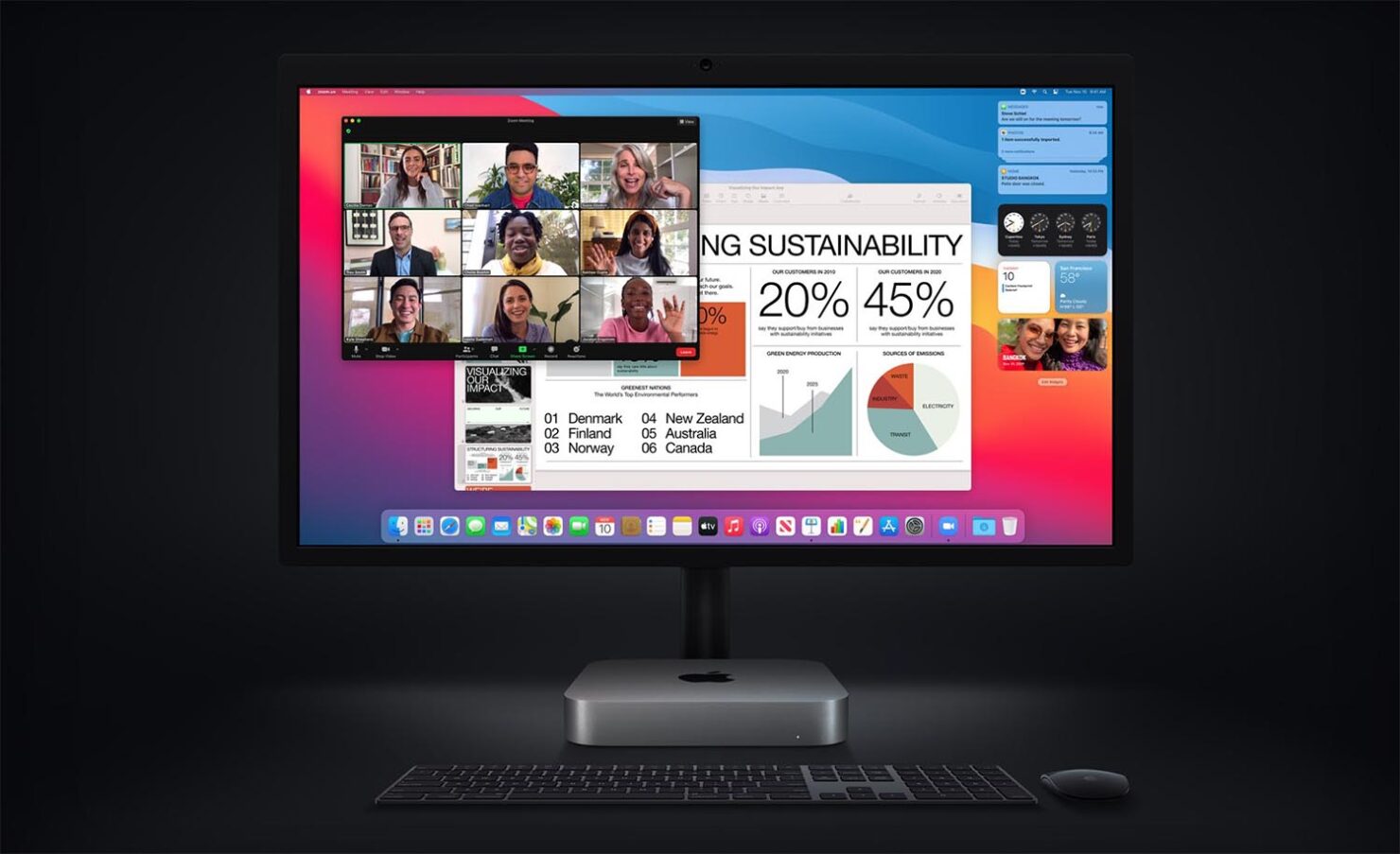Indeed, the M1 Macs are exceptional, and Apple’s attempt to replace Intel chips has been successful. The M1-based 2020 Mac mini offers a combination of both performance and efficiency. However, users have experienced software issues with the 2020 Mac mini. The most common issue is the burden on the SSD.
Just like with the previous issue, developer Hector Martin was among the first ones to discover and report with Apple Silicon Macs that were talking up the SSD storage. The macOS Big Sur’s Smart tools reported an abnormal amount of wear in some M1 Macs. The SSD was writing the same amount as it was reading. Moreover, since users use the same apps, it suggested that the majority of what was being written in the drive is never read again.
Not everyone experienced the same. A user reported an average of nearly 30 MB per second being written to his Mac. It should be noted that users who experienced the issue were carrying out load-intensive tasks on their Macs. Since the mini is offered with up to 16 GB RAM, Martin was sure that macOS was aggressively swapping applications in and out of memory.
To this date, the macOS Big Sur has been out for public for 6 months, and last week it received its 11.4 update. Before the public release, Marin noticed that his Mac on macOS 11.4 beta had stopped exhibiting signs of overly aggressive disk writing. The drive’s written data speed was the same after the update. However, Martin, along with other users, said that the counts have stopped increasing. This should help increase the life of an Apple Silicon Mac since it wouldn’t occupy the remaining SSD.
Since the arrival of Mac OS X in 2001, Apple has shared Darwin and XNU kernel source code on GitHub. On 24 May, when macOS Big Sur 11.4 was released, Apple updated the source code. It hasn’t been figured what changes are brought. However, the source code will have answers for people similar to XNU’s architecture.
Via Twitter




